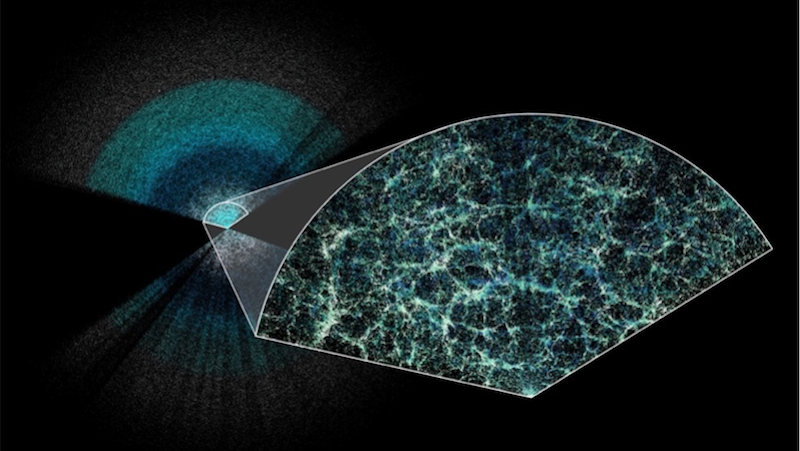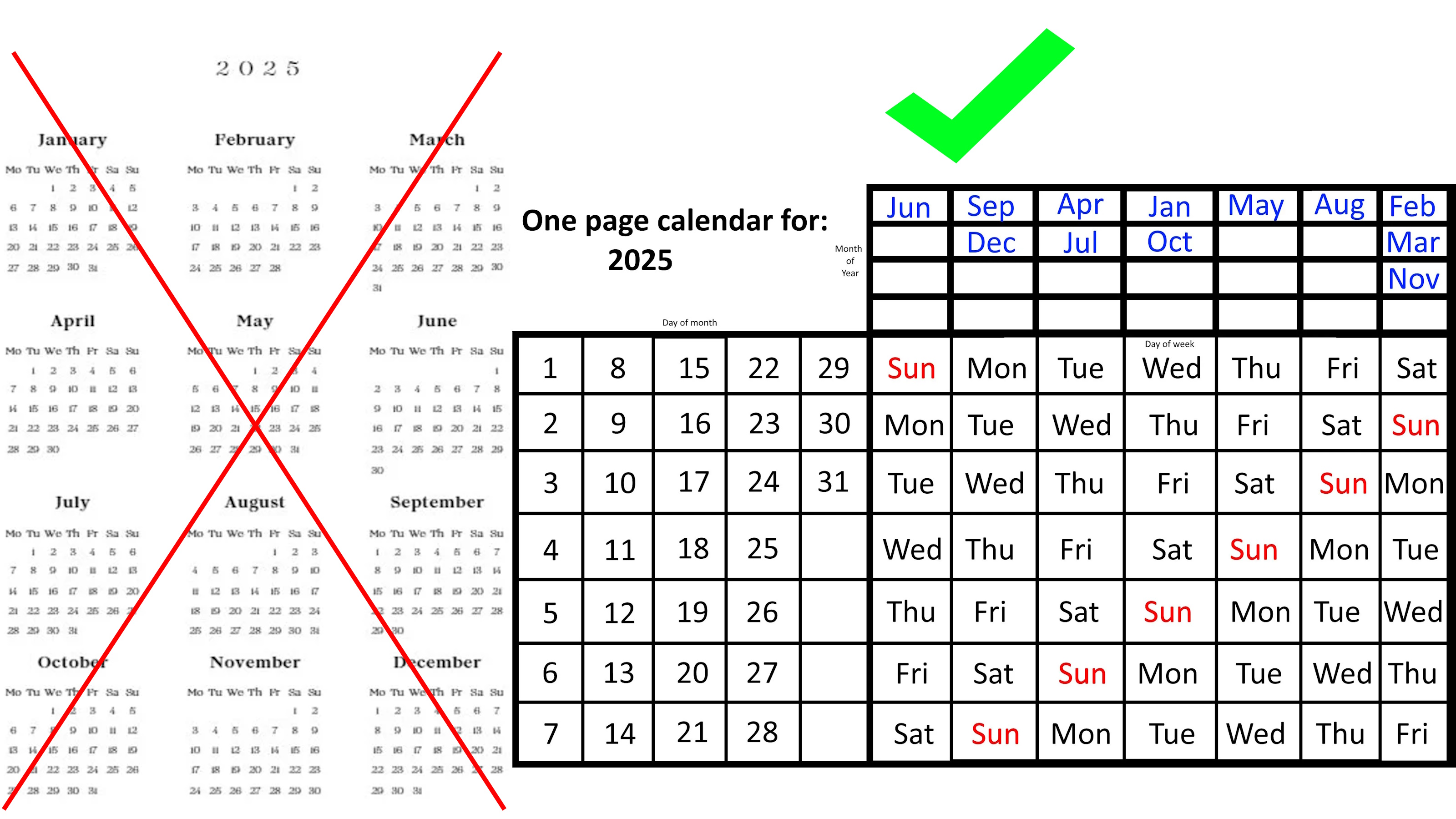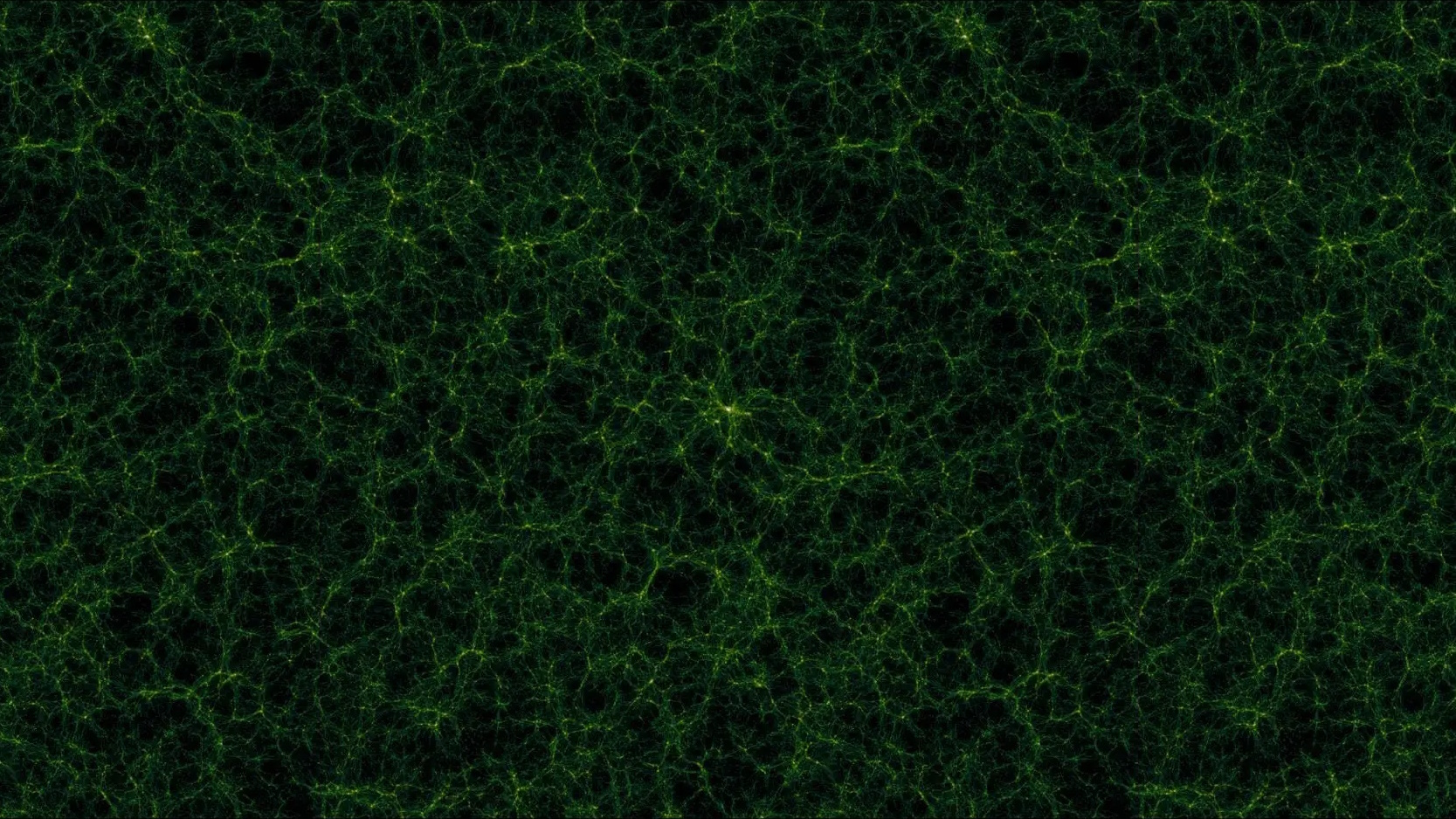The most important thing to remember about grassroots fundraising is that donations are often in support of a relationship as much as they are in support of a cause.
A large percentage of what people will contribute to something, it's sometimes, it's as much a donation in support of relationship as it is a donation in support of a cause. What we wanted to be sure to do was make sure that, for the motivated person whose got a target and a goal, that what we were engineering was an incredible toolbox for them to use all of our best ideas that we have ever had and even to source from other people by surfing around on the site, effective ways of taking their motivation and their energy and leveraging it into really good productivity in terms of their personal fundraising.
So on the one hand you want to supply the motivated person with everything they need to do a really good job. The next ring out is people who might not have a specific connection. So for organizations, we think one of the things that's really potent is the idea of doing what in some ways Obama did, which is take people who are already donors to you and turn them into small fundraisers for you. I mean, if a person is capable of giving $50 themselves but it’s really easy for them to reach out to their family and friends and just on the strength of personal relationships say, you know, "Could I get 10 more people to donate $50?" then they’ve just multiplied their own capacity by 10 times. Anyone who is involved in fundraising will tell you that that kind of multiplying effect has huge ramifications.
Recorded December 9, 2010
Interviewed by Max Miller
Directed by Jonathan Fowler
Produced by Elizabeth Rodd
Image courtesy of Flickr user loop_oh





